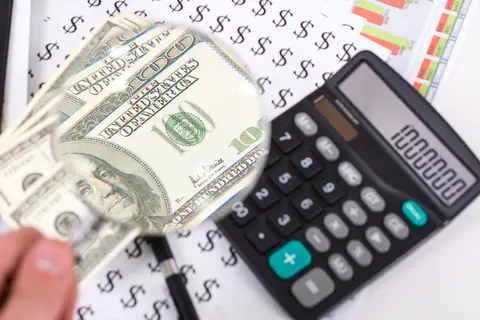That’s right! Usually you get a tax deduction only if you spend money on something for your business. But under a special rule called domestic production activities deduction (DPAD), you can deduct 9% of your qualified domestic production activities income (after taking into account certain allocable costs. (Technically the 9% applies to adjusted gross income without the DPAD if this result is smaller.)
This write-off is also called the Sec. 199 deduction and it’s on top of deductions you’ve already taken to generate the income. In effect, you get to double dip in tax breaks.
 What activities qualify
What activities qualify
A little background here may be helpful to understand what the deduction is all about. More than a decade ago, Congress wanted to create a special tax break to induce companies to make things within the U.S. You may recall that there was a lot of manufacturers moving offshore, and taking jobs with them. But the Sec. 199 deduction applies to many more businesses than just manufacturers.
It covers the following types of activities:
- Manufacturing, producing, growing, or extracting things significantly in the U.S.
- Producing films in the U.S.
- Constructing realty in the U.S.
- Providing engineering and architectural services for real property projects in the U.S.
Starbucks is a good example of a company that qualifies for the deduction for some of its activities. No deduction is allowed for the coffee and food served on the premises. However, Starbucks coffee produced and sold in your local supermarket qualifies for the deduction.
What activities don’t qualify
The IRS has provided some guidance on retail activities that do not meet the definition of manufactured, produced, grown, or extracted, and thus do not give rise to the deduction. These include:
- Cutting blank keys to a customer’s specification;
- Mixing base paint and a paint coloring agent;
- Applying garnishments to cake that is not baked where sold;
- Applying gas to agricultural products to slow or expedite fruit ripening;
- Storing agricultural products in a controlled environment to extend shelf life; and
- Maintaining plants and seedlings.
The IRS also ruled that a free app giving customers access to paid services does not qualify.
Other thoughts
This deduction can provide significant tax savings, effectively reducing the overall tax rate on profits. Unfortunately, because of a W-2 limitation, self-employed individuals who don’t have employees can’t use the deduction.
Best strategy: Because the deduction is complicated to figure, with many factors coming into play, work with your CPA. You may be able to maximize the deduction where you have room to maneuver.
Resources to learn more:


